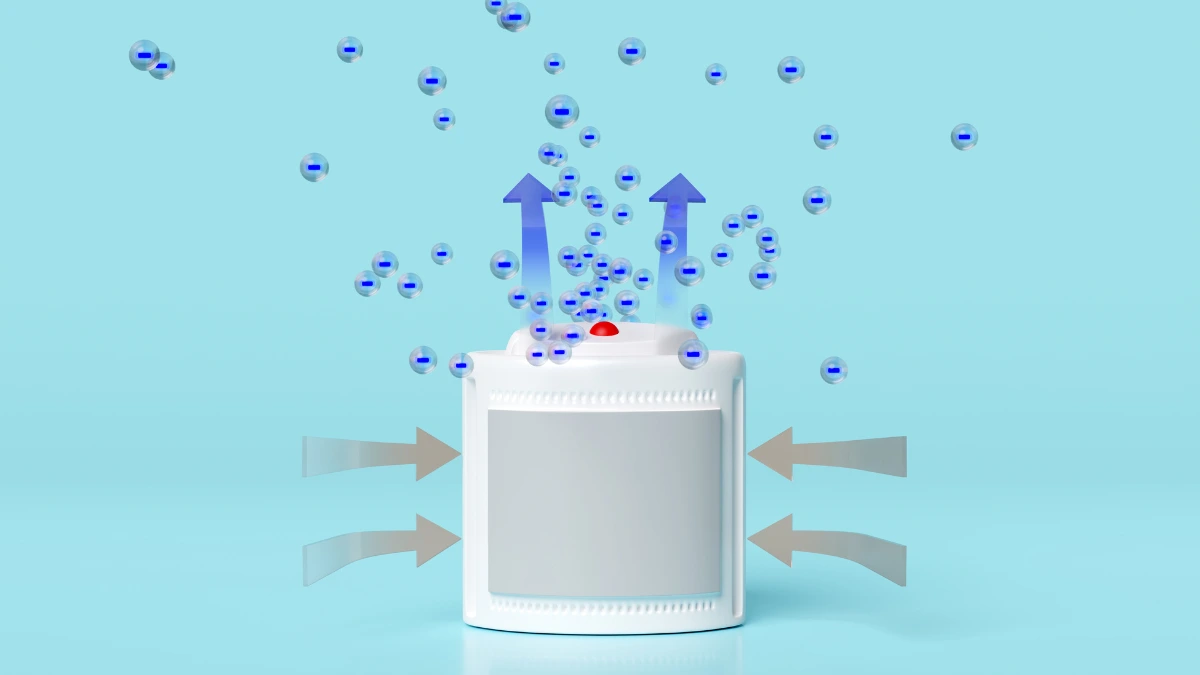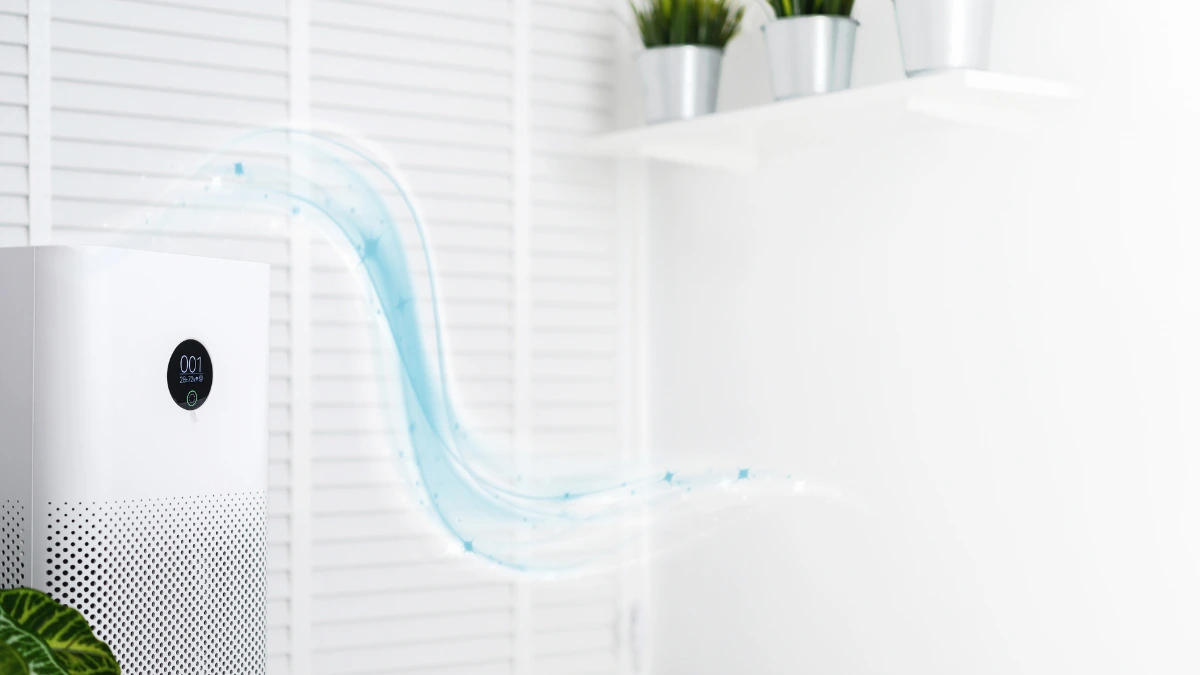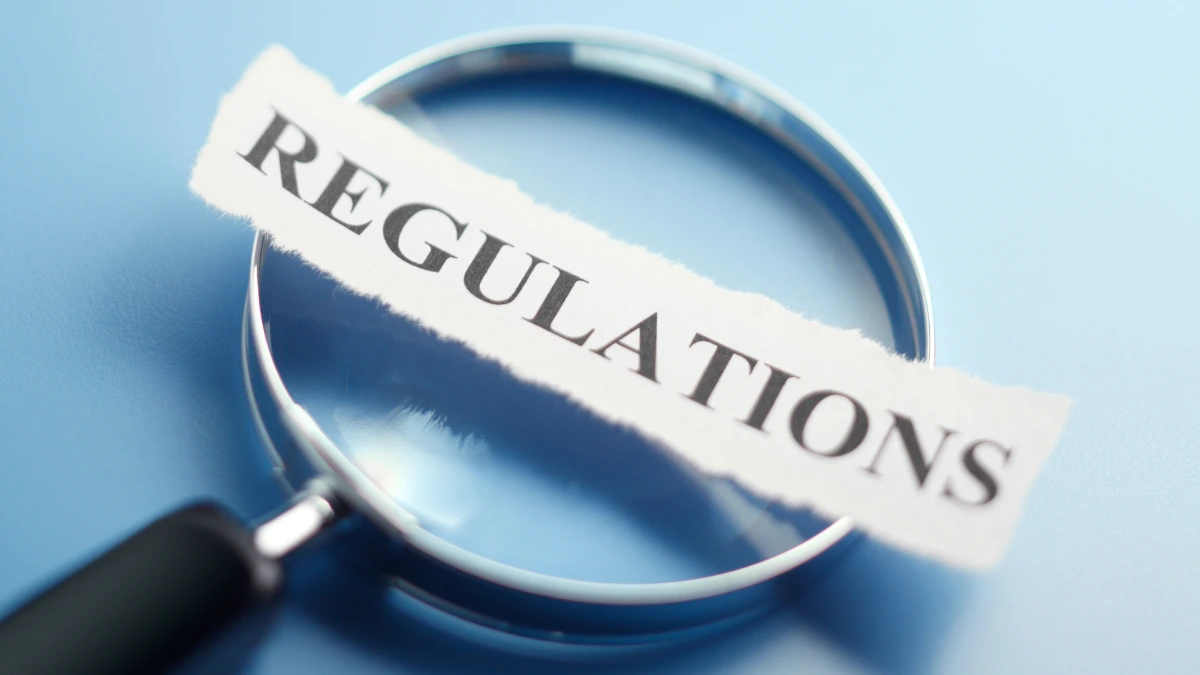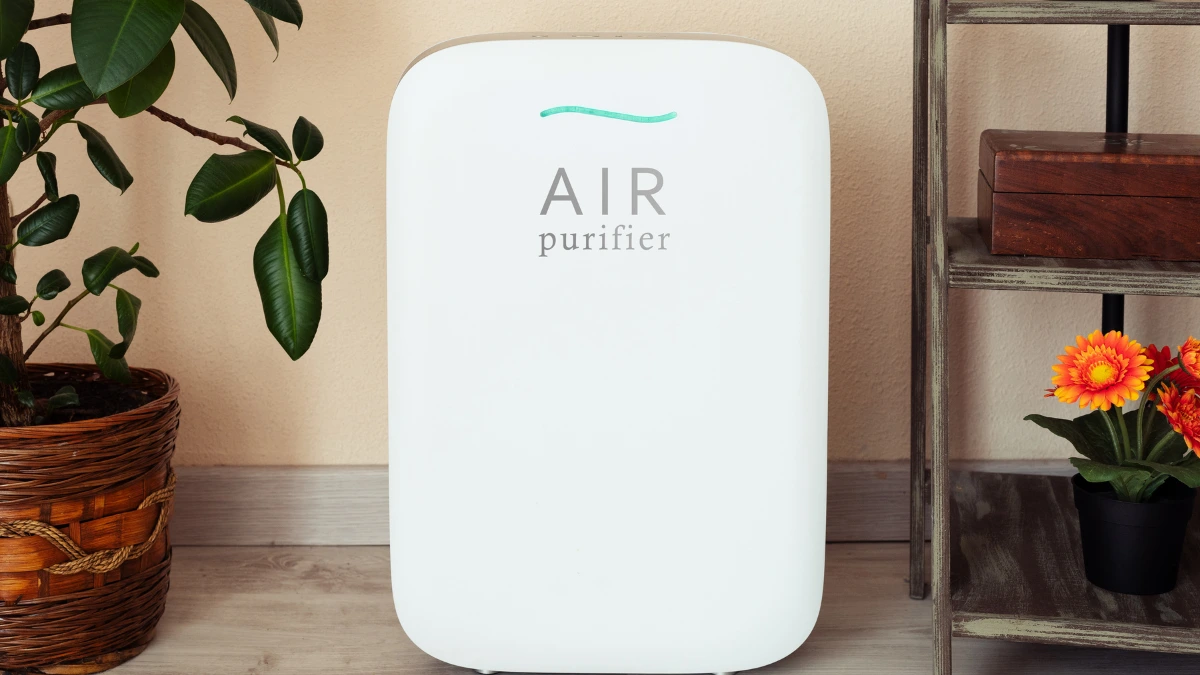Maintaining good air quality indoors is certainly something that cannot be underestimated, given the increasing air pollution. Using an air purifier is one of the solutions.
An air purifier is an electronic device that filters out harmful particles and pollutants to release them back into the fresh air.
Are you familiar with this device? This article will thoroughly inform you about air purifiers, from their definition, working methods, functions, benefits, and regulations in Indonesia.
What is an Air Purifier?
An air purifier is an electronic device designed to filter and purify air that has been contaminated with harmful particles and pollutants.
The device works by drawing in the air in the room, then filtering it with multiple filters and expelling it back into the room in the form of clean air, resulting in better air quality.
The main focus of the appliance’s work is on providing a gradually better quality of clean air to be breathed indoors.
How Does it Work?

Simply put, an air purifier works by drawing air in, then filtering it with multiple filters, and expelling clean air back out. Here’s how it works in detail:
- Draws in air: The fan on the device pulls dirty air into the filtration system.
- Filtering process: The air will pass through several types of filters that will capture different types of contaminants.
- Discharges clean air: The filtered air is expelled back into the room in the form of clean air.
The Types
Air purifiers are equipped with several filters with different functions depending on the type of contaminant. Here are some of the types of filters commonly found in the appliance:
- Pre-filter: Captures large particles such as dust and hair as the first layer of filtration.
- HEPA (High Efficiency Particulate Air) filter: Removes small particles such as dust, pollen, pet dander, and even some types of bacteria and viruses.
- Activated carbon filter: Removes unpleasant odors, gases, and harmful chemicals such as cooking odors, pet odors, or cigarette smoke.
- UV-C filter: Kills bacteria, viruses, and mold with ultraviolet light.
- Electrostatic Filter: Attracts and traps harmful particles from the air using an electric field.
- Activated carbon filter: Removes chlorine, pesticides, and other organic chemicals.
- Ionizer filter: Works to remove positively charged particles by releasing negative ions into the air.
The Benefits

Using an air purifier regularly will provide many benefits, especially for those of you who have certain health problems. Here are some of the main benefits:
1. Ward off outdoor pollution
One of the benefits of an air purifier is its ability to ward off outdoor pollution. This device can be an added protection against exposure to dirty air for those of you who live in pollution-prone big cities or near industrial areas.
2. Reduces indoor smoke
For non-smokers, a room with smoke produced by cigarettes or vapes can be annoying. An air purifier can reduce the smoke and improve the air quality from the tar produced by cigarettes or vapes.
3. Eliminates unpleasant odors
The activated carbon filter in the air purifier is able to help eliminate unpleasant odors. So that odors such as cigarette smoke, cooking, pet odors, or odors from the surrounding environment can be filtered properly.
4. Reduces the risk of allergies and asthma
Reducing the risk of allergies and asthma is another benefit of an air purifier. It reduces the risk of allergy flare-ups and helps provide fresh air for asthma sufferers with its ability to filter allergens from the air.
5. Improves sleep quality
The clean air produced by an air purifier can certainly have an impact on the quality of your sleep. You will avoid breathing problems at night and sleep better.
The Regulation in Indonesia

The air purifier uses technologies such as Bluetooth or WiFI that operate within a specific frequency spectrum. In Indonesia, any Bluetooth or WiFi-based wireless device is required to have a DJID (Directorate General of Digital Infrastructure) under the Ministry of Communication and Digital (KOMDIGI).
Air purifier regulation is based on KEPMEN No. 260 Tahun 2024 for Bluetooth and KEPMEN No. 12 Tahun 2025 for WiFi, which requires all radio frequency-based devices to meet specific technical standards before being sold in the country.
The DJID certification ensures that the product meets government safety and quality regulations and does not interfere with other communication devices. The certification process involves technical testing, such as frequency adjustments, safety checks, and compatibility with the surrounding environment.
Once the tests are completed, products that pass are listed in a Test Result Report, which confirms that the product is safe and ready for sale in Indonesia. This report reassures customers that the product meets technical standards and is secure.
For companies wanting to sell an air purifier in Indonesia, we are available to assist with this process. This service includes preparing technical and legal documents, conducting required testing, ensuring compliance with regulations, helping companies streamline the certification process, and giving consumers confidence in certified products. [UN].

